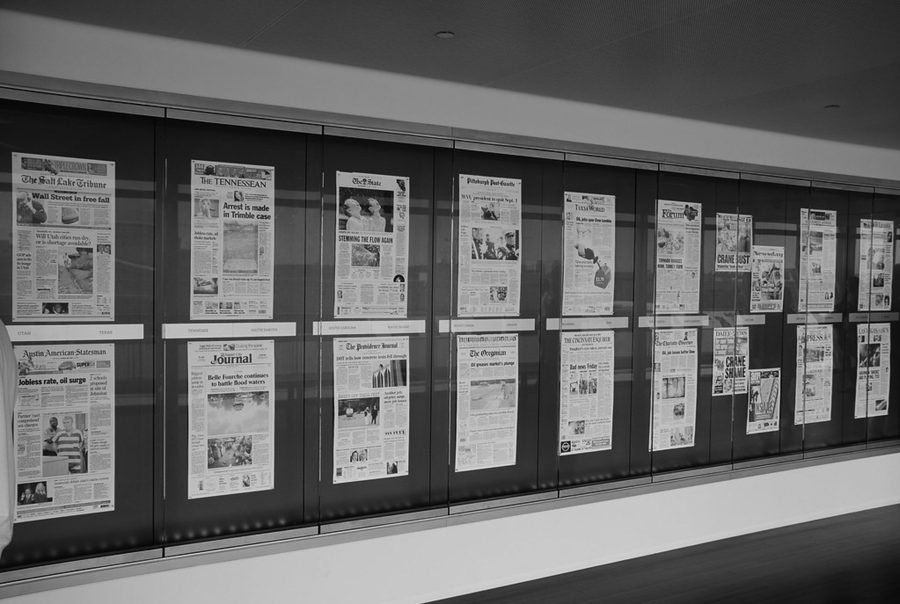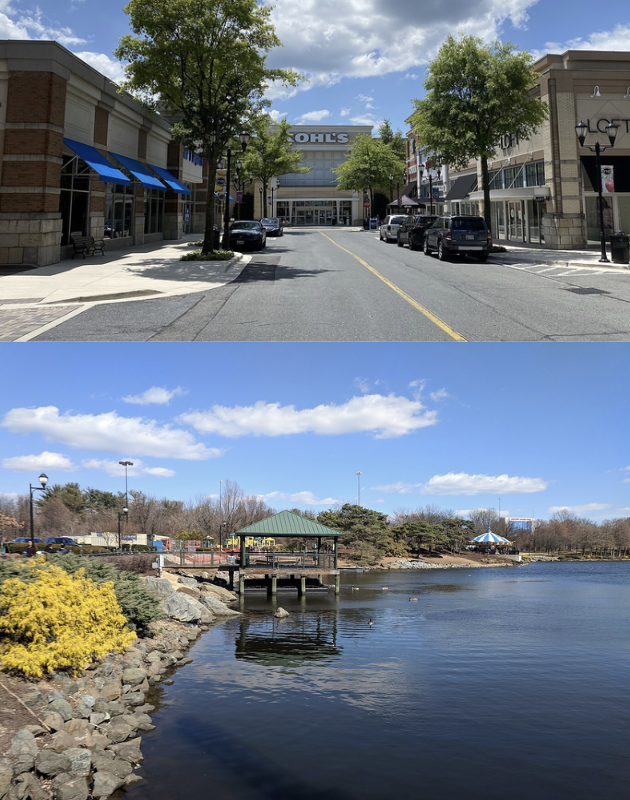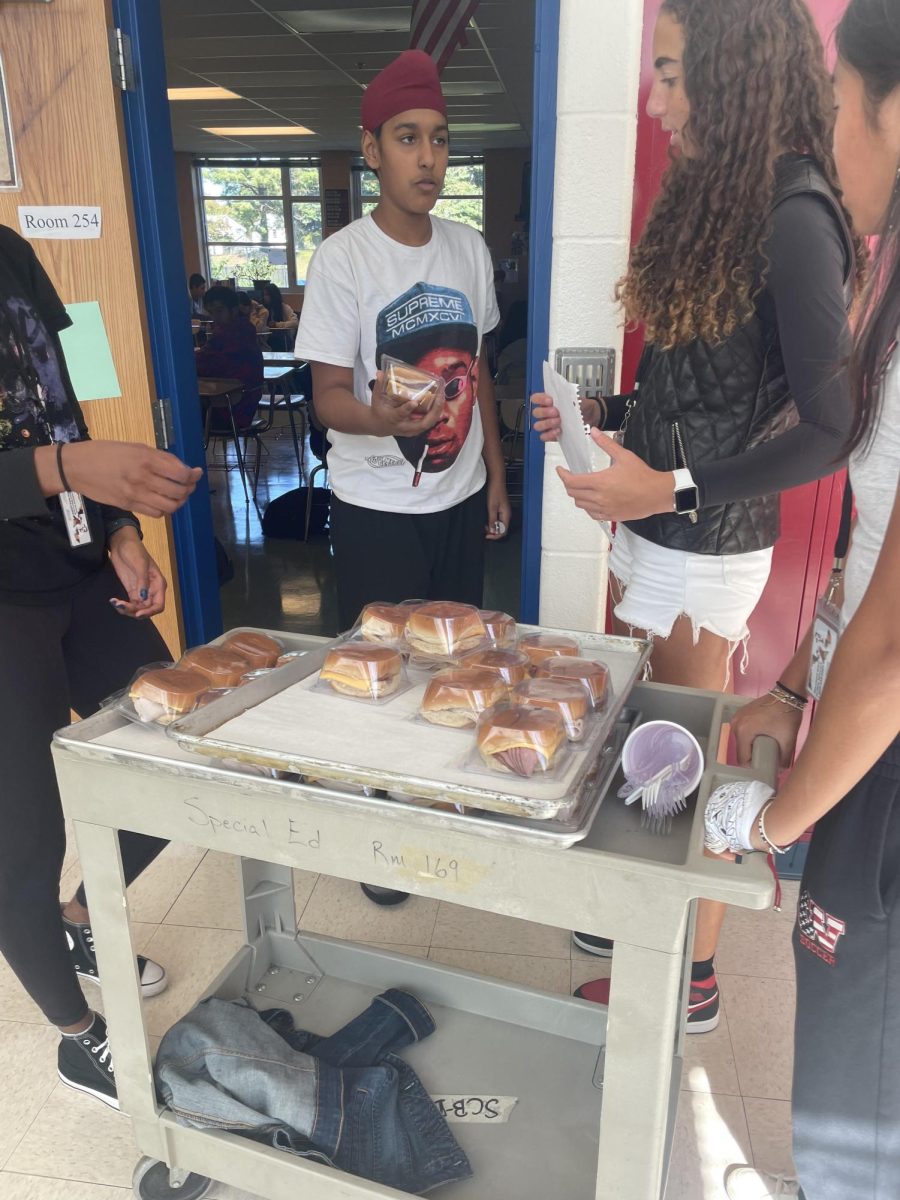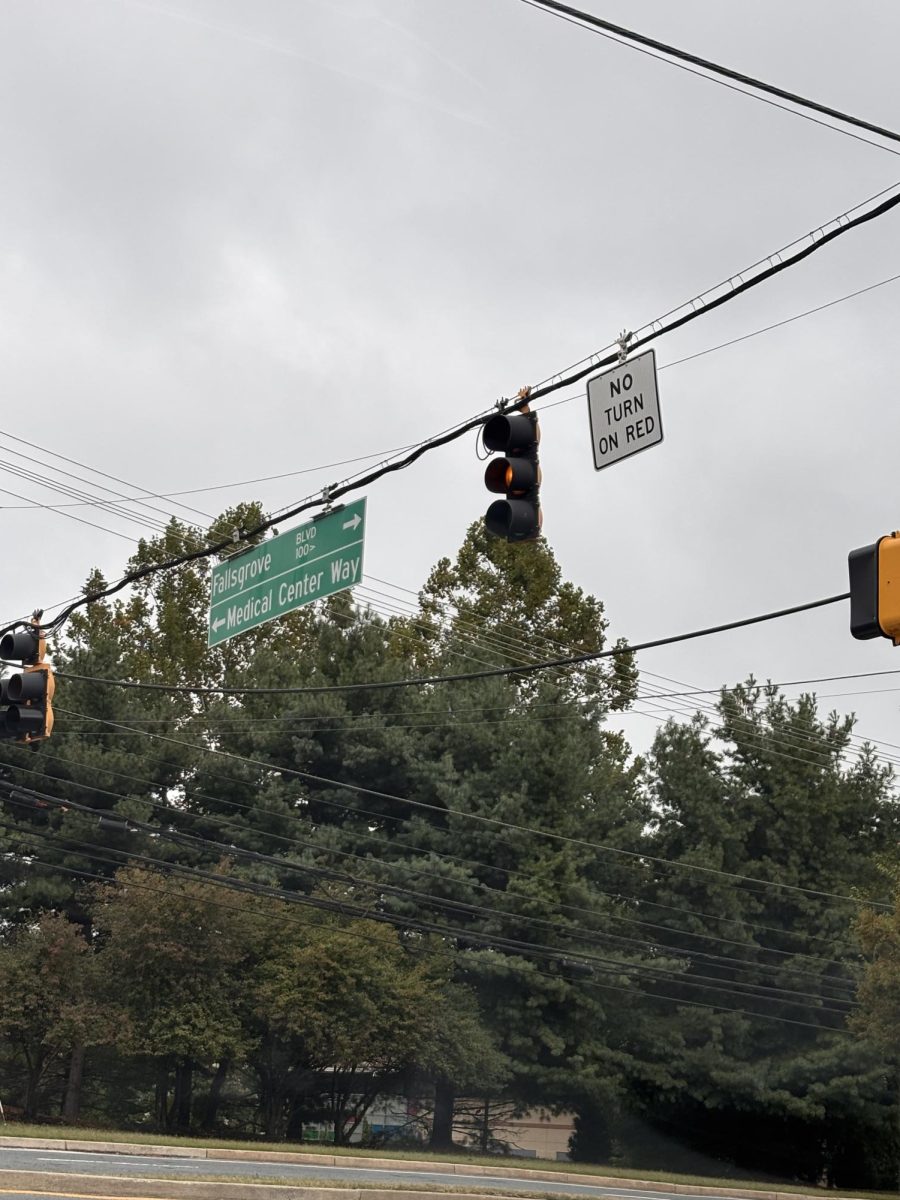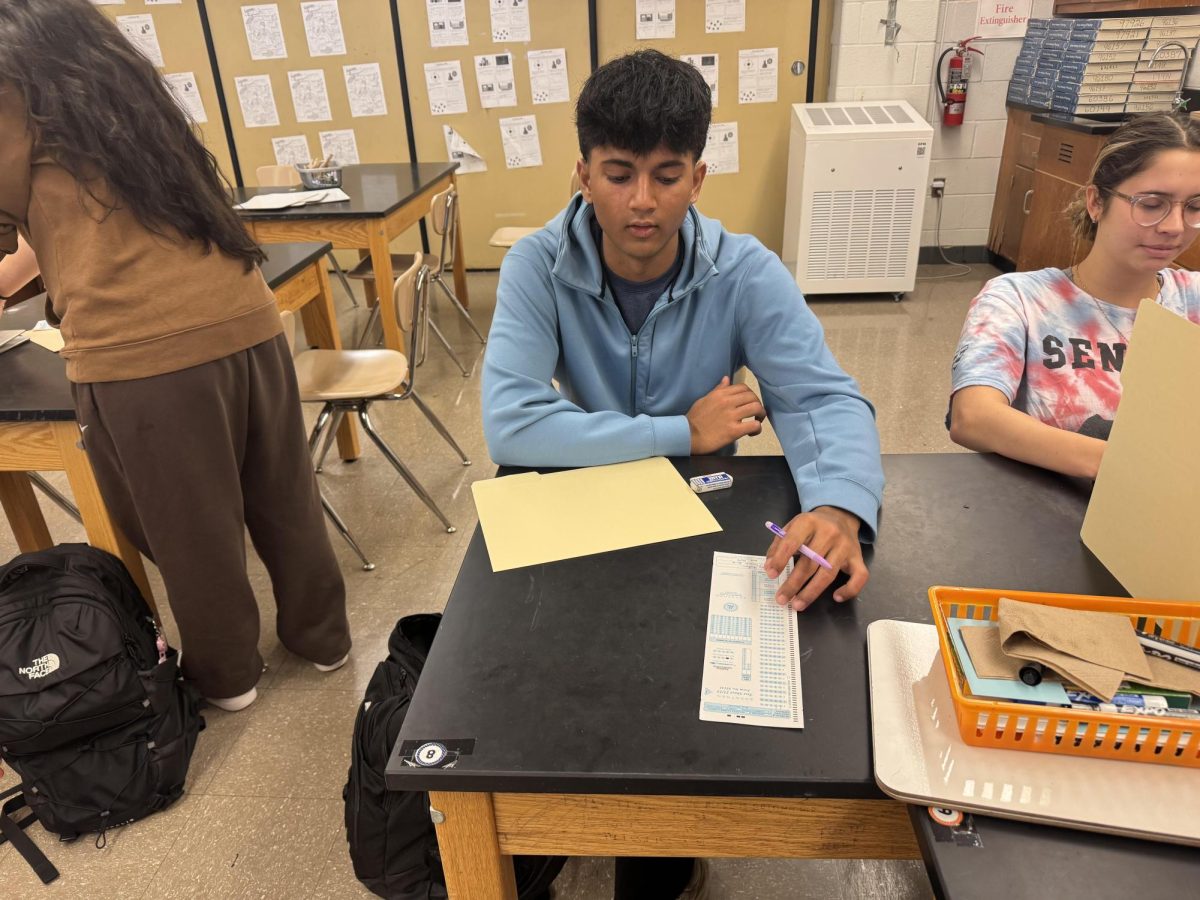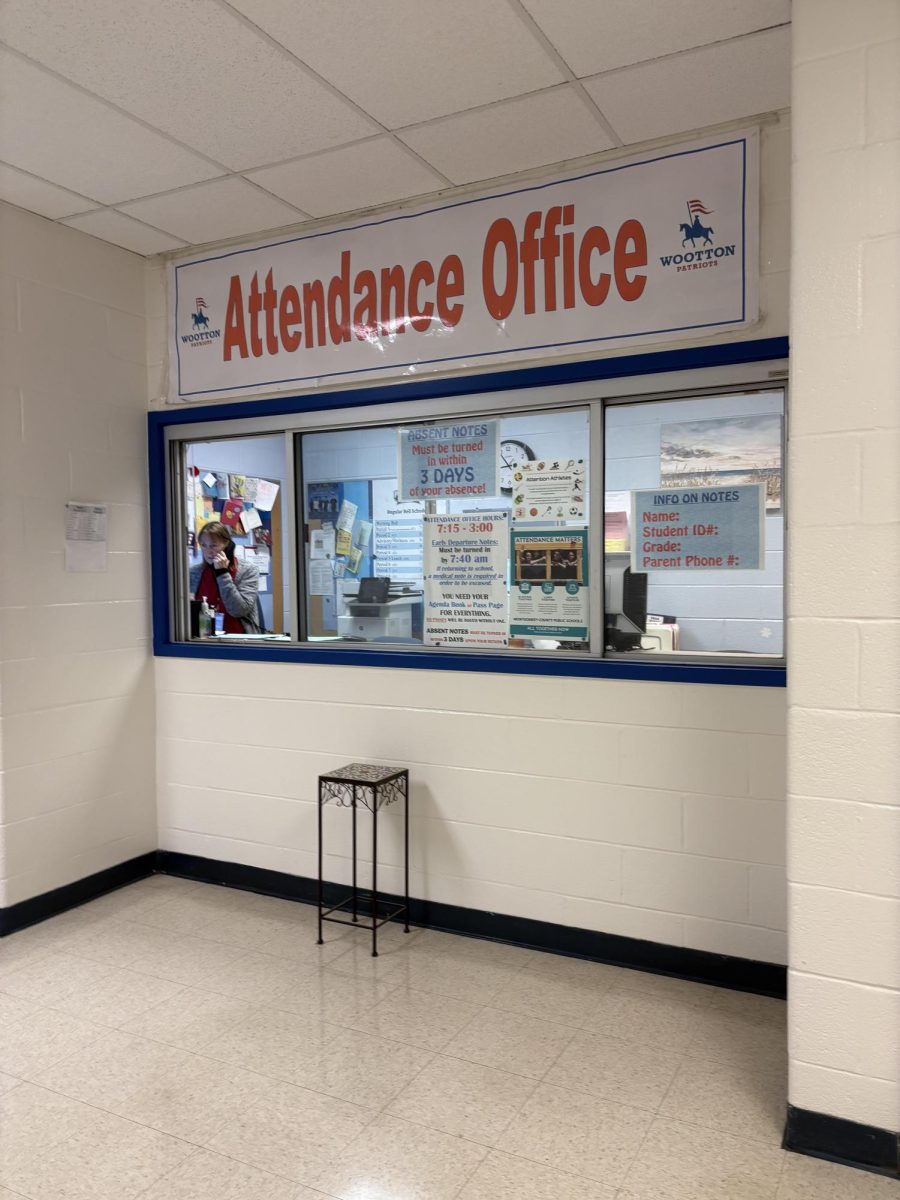After more than 11 years and more than 10 million visitors, the Newseum in Washington, D.C., closed on Dec. 31. The museum has struggled financially for a number of years, and the current location proved unsustainable.
The Newseum announced an agreement to sell the building on Pennsylvania Avenue to Johns Hopkins University in January of last year. The university will use this facility for its D.C.-based graduate programs.
The Freedom Forum, the creator and primary funder for the Newseum, said they remain “committed to continuing its mission to champion the five freedoms of the First Amendment and to increase public awareness about the importance of a free and fair press.” The Newseum website has also said that critical work will continue online and through public programs in Washington, D.C., and around the country.
The Newseum is home to hundreds of artifacts and exhibits from events involved with First Amendment rights. From the Ferguson protests to the 9/11 attacks, the museum holds memorabilia and information about aspects of these events that were not known before. In early 2020, deinstallation of its exhibits will begin and artifacts will be moved to a state-of-the-art support center where they will be housed and maintained. But, “the collection will continue to circulate for outgoing loans, educational programs, public events, digital initiatives and more,” the Newseum said.
People who have been to the Newseum likely have seen the array of newspapers from around the country and world that were displayed on the front walls. These newspapers were updated every day. The museum calls this the “Today’s Front Pages,” and they will continue after the Dec. 31 closing.
People have different opinions on the Newseum’s closing and how it will affect them personally. “If it’s the only museum in DC that has to be paid to enter, why would anyone go,” senior Parmida Khajoee said.
On the other hand, there are people who are disappointed by the Newseum’s shut-down. “The museum is a great way to see how our First Amendment rights are used and justified through different events throughout history, and it’s sad that tourists won’t be able to see this,” senior Olivia Kerben said.


